The pursuit of a reliable vehicle is a paramount concern for car buyers, particularly when it comes to compact and subcompact cars that are known for their affordability and efficiency. Many of these vehicles have earned a reputation for high-mileage reliability, becoming trusted companions over the years. Below, the factors contributing to their longevity and the top models that stand the test of time are explored in greater detail.
Understanding High-Mileage Reliability
High-mileage reliability in the context of compact and subcompact cars refers to the vehicle’s ability to maintain performance and safety standards even after accumulating a significant number of miles, often exceeding 100,000 or even 200,000 miles. This reliability is particularly important as these vehicles are often chosen for their economical advantage, making longevity a key selling point.
Several factors influence the durability and longevity of compact and subcompact cars. The engineering quality, including the choice of materials and the robustness of the engine and transmission systems, plays a critical role. For instance, the 2010 Honda Fit is renowned for its durable engine and efficient transmission, contributing to its reputation for high-mileage reliability. Additionally, the integration of technology that monitors and alerts drivers about maintenance needs can also enhance vehicle longevity.
Regular maintenance and mindful driving habits are integral to achieving high mileage. Owners who adhere to scheduled services, such as oil changes, brake inspections, and tire rotations, often find their vehicles lasting significantly longer. Driving habits such as avoiding harsh braking and accelerating, and adhering to speed limits also contribute to prolonged vehicle life. These practices are essential in ensuring that a compact or subcompact car remains reliable and safe to drive well into its later years.
Benefits of Compact and Subcompact Cars
Compact and subcompact cars offer numerous advantages, with cost-effectiveness and fuel efficiency being among the primary benefits. Vehicles like the 2015 Toyota Yaris are known for their impressive fuel economy, making them a cost-effective choice for daily commuting. Their smaller size typically means they consume less fuel compared to larger vehicles, which translates to savings at the pump and reduced overall ownership costs.
Another significant benefit of these vehicles is their lower environmental impact. With reduced fuel consumption comes lower emissions, making compact and subcompact cars a more environmentally friendly option. This is particularly relevant in urban areas where air quality concerns are paramount. The 2019 Hyundai Accent, for example, combines efficient fuel consumption with lower emissions, making it a favorable choice for eco-conscious drivers.
In addition to their economic and environmental benefits, compact and subcompact cars are highly practical, especially in urban settings. Their smaller dimensions make them easier to maneuver through tight city streets and more convenient to park in crowded areas. This practicality, combined with their fuel efficiency, makes them an ideal choice for city dwellers who value convenience and economy.
Top Models Known for High-Mileage Reliability
Several compact and subcompact car models have earned a reputation for high-mileage reliability, thanks to their robust construction and efficient engineering. The 2012 Ford Fiesta, for instance, has been praised for its durable build and reliable performance, often cited by owners who have driven it well beyond the 100,000-mile mark. Its combination of affordability and longevity makes it a popular choice among budget-conscious drivers.
When comparing features that enhance durability, it’s evident that attention to detail in design and manufacturing plays a crucial role. Models like the 2014 Volkswagen Golf offer advanced engineering in their suspension and braking systems, contributing to their long-term reliability. Additionally, the use of high-quality materials in interior and exterior components helps these vehicles withstand the wear and tear of daily use.
Real-world testimonials and case studies further highlight the reliability of these vehicles. Owners of the 2013 Nissan Versa often share stories of their cars reaching impressive mileage milestones with minimal issues, thanks to regular maintenance and quality engineering. These anecdotes underscore the importance of choosing a vehicle with a proven track record for reliability and longevity.
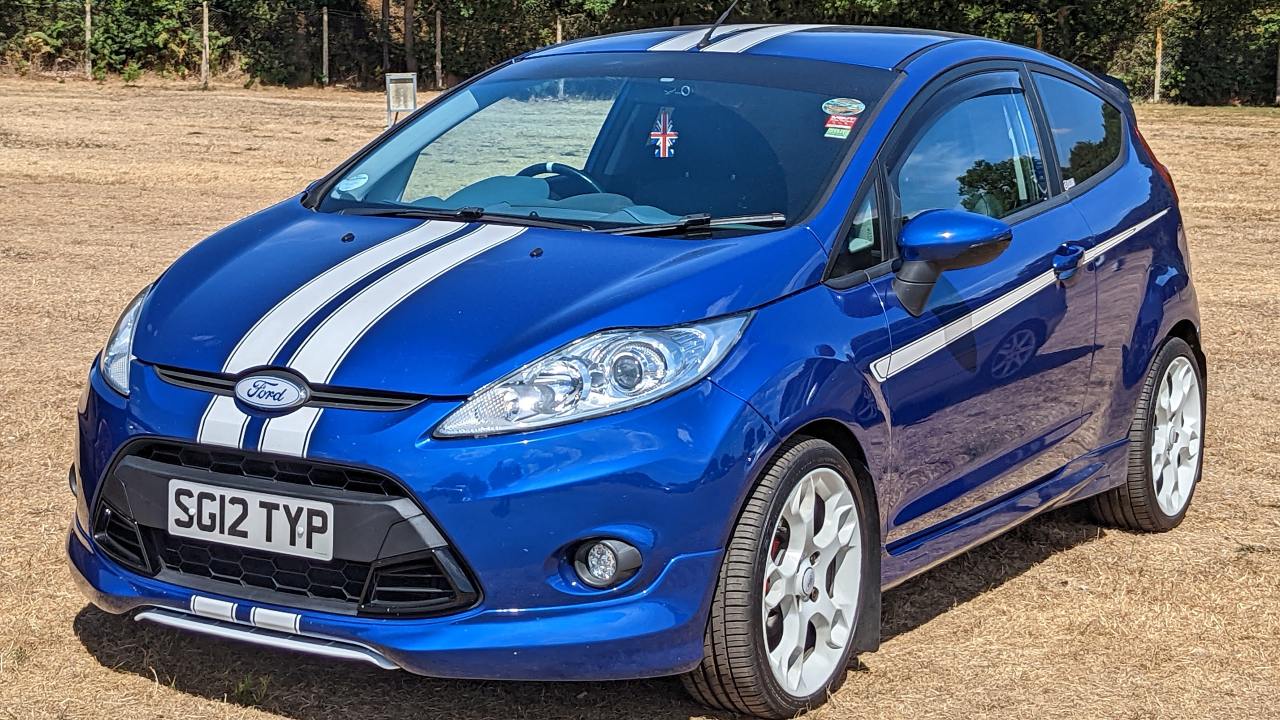
Maintenance Tips to Extend Vehicle Lifespan
To ensure the high-mileage reliability of compact and subcompact cars, adhering to essential maintenance practices is crucial. Routine tasks such as oil changes, air filter replacements, and brake inspections should be performed according to the manufacturer’s schedule. The 2016 Kia Rio, for instance, benefits significantly from regular maintenance, which helps maintain its performance and extends its lifespan.
Timely repairs and the replacement of key components are also vital in maintaining vehicle reliability. Ignoring minor issues can lead to more significant problems over time, potentially shortening the vehicle’s lifespan. Components such as the timing belt, water pump, and spark plugs should be inspected and replaced as needed to avoid costly repairs down the line.
Selecting the right service providers and mechanics is equally important. Trusted professionals who are familiar with the specific needs of compact and subcompact cars can provide valuable insights and services that help prolong the vehicle’s life. Building a relationship with a reliable mechanic can lead to better maintenance practices and a deeper understanding of the vehicle’s unique requirements.
The Future of High-Mileage Compact Cars
Innovations in automotive technology continue to shape the future of high-mileage compact and subcompact cars. Advances in engine design, materials science, and manufacturing techniques are leading to more durable and efficient vehicles. The 2023 Honda Civic, for example, incorporates the latest in fuel-efficient technology and lightweight materials, enhancing its potential for high-mileage reliability.
Electric and hybrid technology is also having a significant impact on the future of compact and subcompact cars. These vehicles offer the promise of even greater efficiency and lower emissions, appealing to a growing segment of environmentally conscious consumers. The Toyota Prius C demonstrates how hybrid technology can be integrated into compact designs, offering longevity and sustainability.
As consumer preferences continue to evolve, trends indicate a growing demand for vehicles that combine reliability with technological innovation. The integration of smart features, such as predictive maintenance alerts and advanced safety systems, is likely to become more common in future models, further enhancing their appeal. The shift towards electric and hybrid options is also expected to continue, offering drivers more choices in achieving high-mileage reliability.
More from Fast Lane Only:
- Unboxing the WWII Jeep in a Crate
- The Fastest Farm Truck Ever Built
- 10 Old Trucks That Were Built Like Tanks
- 12 Classic muscle cars still within reach for budget buyers
*Created with AI assistance and editor review.

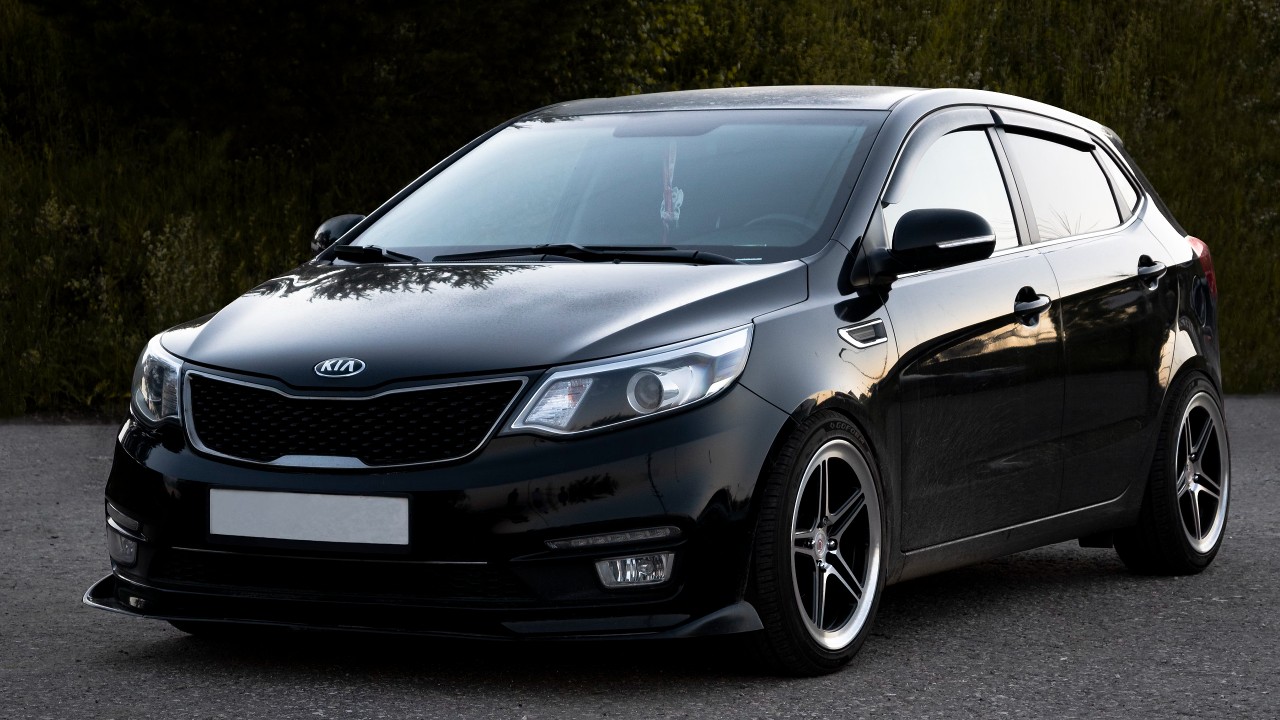
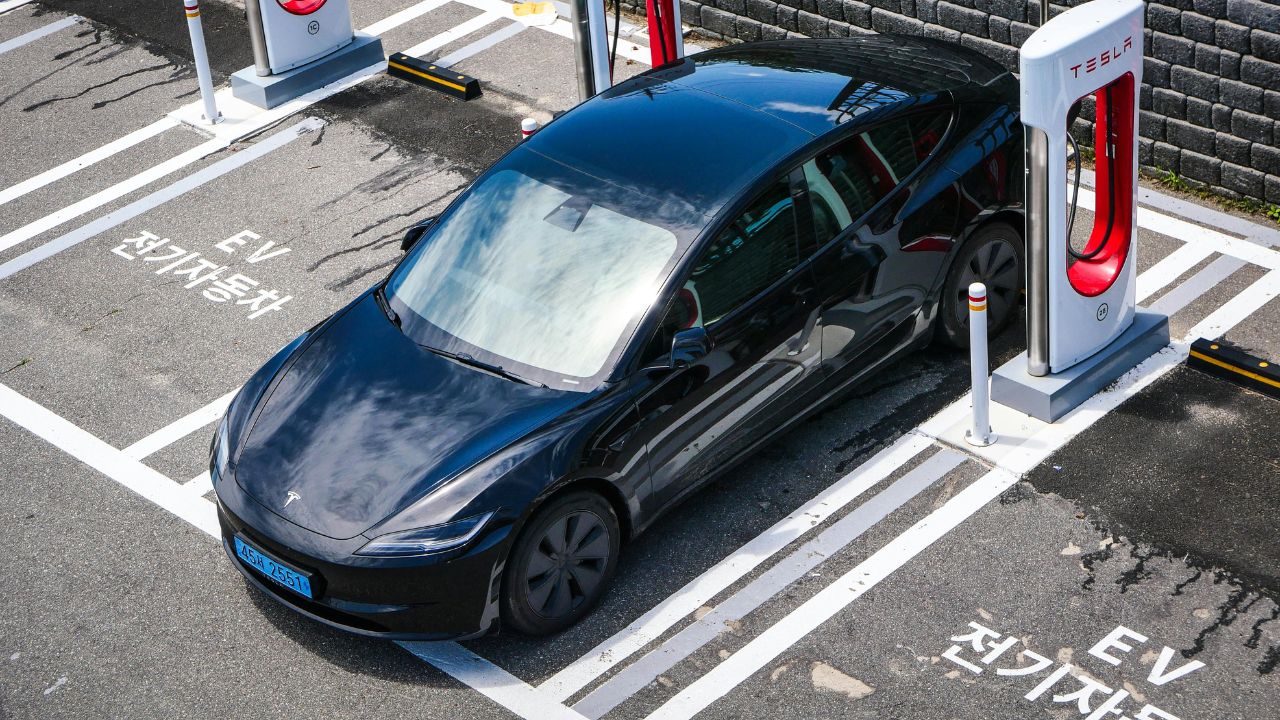
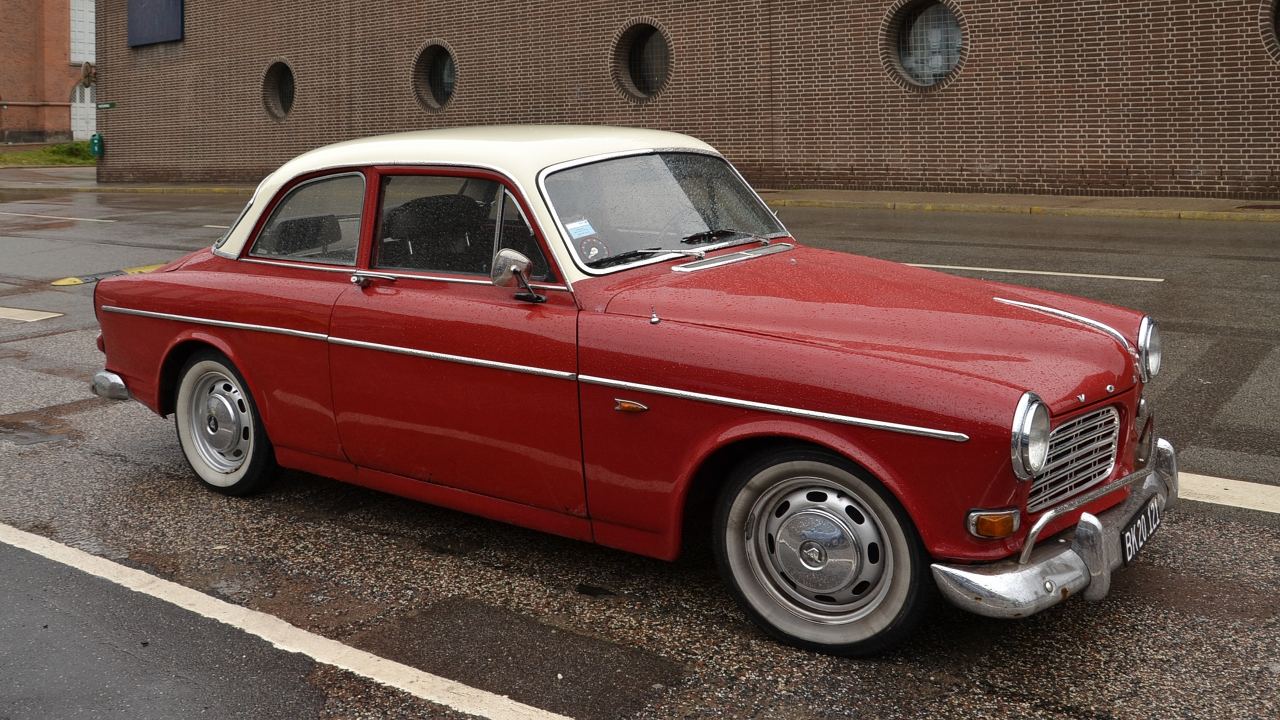
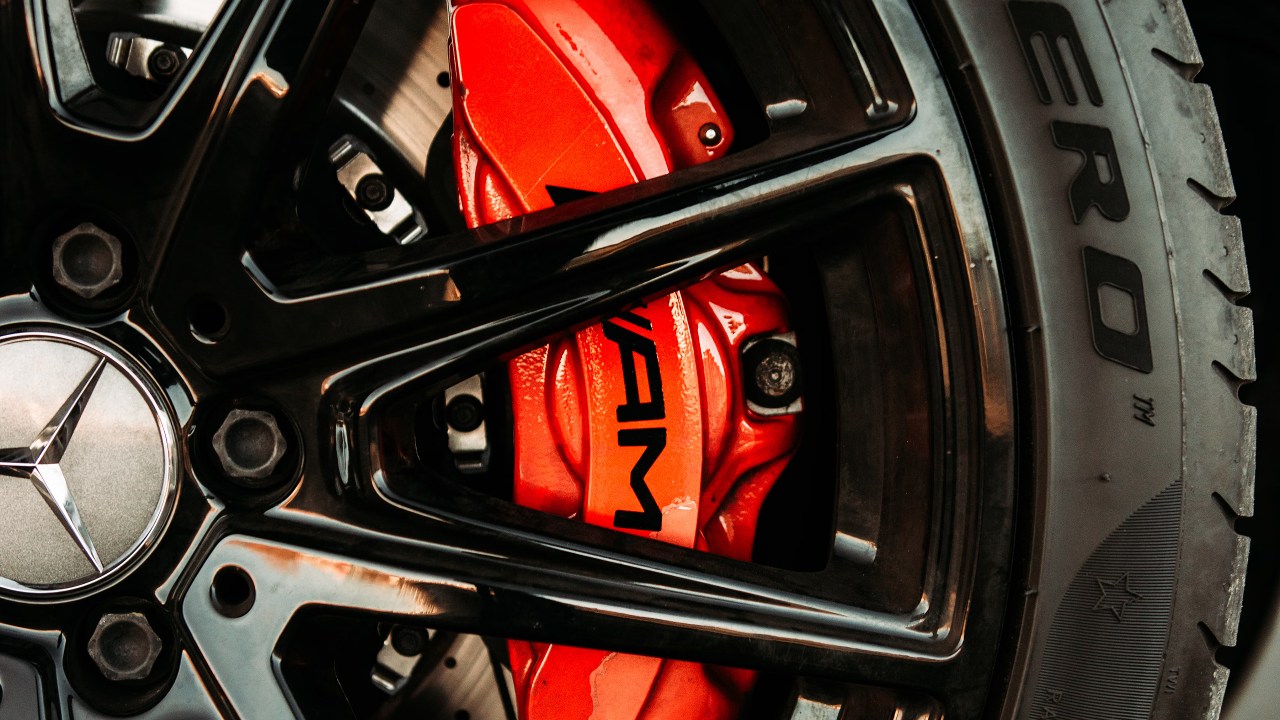


Leave a Reply